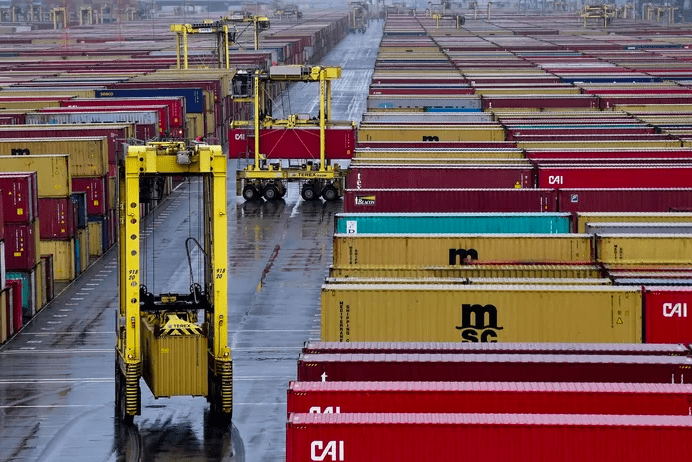Belgian Justice Minister Vincent Van Quickenborne wants to crack down on the cocaine trade by placing the entire Port of Antwerp under a single law enforcement authority.
Van Quickenborne's blueprint to secure Europe's second-largest port —which in recent years has emerged as cocaine smugglers number one port of entry into the Continent— includes plans to create a Port Prosecutor.
The plans would be a step towards simplifying the complex judicial mesh underpinning the port, which, since it straddles the river Scheldt, is in two different jurisdictions: East Flanders and Antwerp.
Related News
- Port companies warn workers against working with drug dealers
- Legalising cocaine is ‘something to consider,’ says Antwerp mayor
- Belgian police seize 11.5T of cocaine in 'largest overseas drug bust ever'
The future Port Prosecutor will control of the legal and judicial goings-on in the port and will also be the central point of contact for customs, shipping police and local police, as well as for businesses, Van Quickenborne told De Tijd.
"As it stands, they are now faced with two jurisdictions, two public prosecutors, two courts and therefore different judges — that is not ideal," he said.
The minister's announcement follows complaints from shipping companies, such as Italy's MSC and Emirati logistics giant DP World, over the port's uncoordinated approach in the fight against the illegal drug trade.
Van Quickenborne's strategy will also aim to make it easier to issue port bans, a legal tool which revokes an individuals' right to access the port if they have been convicted of drug-related offences.
The revamp to the port's counter-narcotics apparatus comes as reports of record-breaking drug busts signal a fast-growing interest in the port from overseas smugglers and revelations shedding light on the links between smugglers and high-ranking counternarcotics officials in Belgium.
Gabriela Galindo
The Brussels Times

